Satoshi says at one point that he/they are better with code than words, but I'd say that they're very good with both. There are more quotes than these, too, but which stand out to you all?
- "The nature of Bitcoin is such that once version 0.1 was released, the core design was set in stone for the rest of its lifetime."
- “I’m sure that in 20 years there will either be very large transaction volume or no volume.”
- "If you don’t believe it or don’t get it, I don’t have the time to try to convince you, sorry.”
- “The root problem with conventional currency is all the trust that’s required to make it work. The central bank must be trusted not to debase the currency, but the history of fiat currencies is full of breaches of that trust.”
- “Being open source means anyone can independently review the code. If it was closed source, nobody could verify the security. I think it’s essential for a program of this nature to be open source.”
- “Lost coins only make everyone else’s coins worth slightly more. Think of it as a donation to everyone.”
- “I’ve developed a new open source P2P e-cash system called Bitcoin. It’s completely decentralized, with no central server or trusted parties, because everything is based on crypto proof instead of trust.”
- “At first, most users would run network nodes, but as the network grows beyond a certain point, it would be left more and more to specialists with server farms of specialized hardware. A server farm would only need to have one node on the network and the rest of the LAN connects with that one node.”
- “For greater privacy, it’s best to use bitcoin addresses only once.”
- “A purely peer-to-peer version of electronic cash would allow online payments to be sent directly from one party to another without going through a financial institution.”
- “I’ve been working on bitcoin’s design since 2007. At some point I became convinced there was a way to do this without any trust required at all and couldn’t resist to keep thinking about it.”
- “Banks must be trusted to hold our money and transfer it electronically, but they lend it out in waves of credit bubbles with barely a fraction in reserve. We have to trust them with our privacy, trust them not to let identity thieves drain our accounts. Their massive overhead costs make micropayments impossible.”
- “The heat from your computer is not wasted if you need to heat your home.”
- “Yes, [we will not find a solution to political problems in cryptography,] but we can win a major battle in the arms race and gain a new territory of freedom for several years. Governments are good at cutting off the heads of a centrally controlled networks like Napster, but pure P2P networks like Gnutella and Tor seem to be holding their own.”
- “I don’t believe a second, compatible implementation of Bitcoin will ever be a good idea. So much of the design depends on all nodes getting exactly identical results in lockstep that a second implementation would be a menace to the network.”
- “I anticipate there will never be more than 100K nodes, probably less. It will reach an equilibrium where it’s not worth it for more nodes to join in. The rest will be lightweight clients, which could be millions.”
- “In this sense, it’s more typical of a precious metal. Instead of the supply changing to keep the value the same, the supply is predetermined and the value changes. As the number of users grows, the value per coin increases. It has the potential for a positive feedback loop; as users increase, the value goes up, which could attract more users to take advantage of the increasing value.”
- “Bitcoin addresses you generate are kept forever. A bitcoin address must be kept to show ownership of anything sent to it. If you were able to delete a bitcoin address and someone sent to it, the money would be lost.”
- “The result is a distributed system with no single point of failure. Users hold the crypto keys to their own money and transact directly with each other, with the help of the P2P network to check for double-spending.”
- “Sigh... why delete a wallet instead of moving it aside and keeping the old copy just in case? You should never delete a wallet.”
- “It is strictly necessary that the longest chain is always considered the valid one.”
- “The receiver of a payment must wait an hour or so before believing that it’s valid. The network will resolve any possible double-spend races by then.”
- “Although it would be possible to handle coins individually, it would be unwieldy to make a separate transaction for every cent in a transfer. To allow value to be split and combined, transactions contain multiple inputs and outputs. Normally there will be either a single input from a larger previous transaction or multiple inputs combining smaller amounts, and at most two outputs: one for the payment, and one returning the change, if any, back to the sender.”
- “The guy who received the double-spend that became invalid never thought he had it in the first place. His software would have shown the transaction go from “unconfirmed” to “invalid”. If necessary, the UI can be made to hide transactions until they’re sufficiently deep in the block chain.”
- “The fact that new coins are produced means the money supply increases by a planned amount, but this does not necessarily result in inflation. If the supply of money increases at the same rate that the number of people using it increases, prices remain stable. If it does not increase as fast as demand, there will be deflation and early holders of money will see its value increase. Coins have to get initially distributed somehow, and a constant rate seems like the best formula.”
- “The steps to run the network are as follows: 1. New transactions are broadcast to all nodes. 2. Each node collects new transactions into a block. 3. Each node works on finding a difficult proof-of-work for its block. 4. When a node finds a proof-of-work, it broadcasts the block to all nodes. 5. Nodes accept the block only if all transactions in it are valid and not already spent. 6. Nodes express their acceptance of the block by working on creating the next block in the chain, using the hash of the accepted block as the previous hash.”
- “Proof-of-work has the nice property that it can be relayed through untrusted middlemen. We don’t have to worry about a chain of custody of communication. It doesn’t matter who tells you a longest chain, the proof-of-work speaks for itself.”
- “As computers get faster and the total computing proof-of-worker applied to creating bitcoins increases, the difficulty increases proportionally to keep the total new production constant. Thus, it is known in advance how many new bitcoins will be created every year in the future.”
- “What is needed is an electronic payment system based on cryptographic proof instead of trust, allowing any two willing parties to transact directly with each other without the need for a trusted third party. Transactions that are computationally impractical to reverse would protect sellers from fraud, and routine escrow mechanisms could easily be implemented to protect buyers.”
- “There will be transaction fees, so nodes will have an incentive to receive and include all the transactions they can. Nodes will eventually be compensated by transaction fees alone when the total coins created hits the pre-determined ceiling.”
[link] [comments]

You can get bonuses upto $100 FREE BONUS when you:
💰 Install these recommended apps:
💲 SocialGood - 100% Crypto Back on Everyday Shopping
💲 xPortal - The DeFi For The Next Billion
💲 CryptoTab Browser - Lightweight, fast, and ready to mine!
💰 Register on these recommended exchanges:
🟡 Binance🟡 Bitfinex🟡 Bitmart🟡 Bittrex🟡 Bitget
🟡 CoinEx🟡 Crypto.com🟡 Gate.io🟡 Huobi🟡 Kucoin.

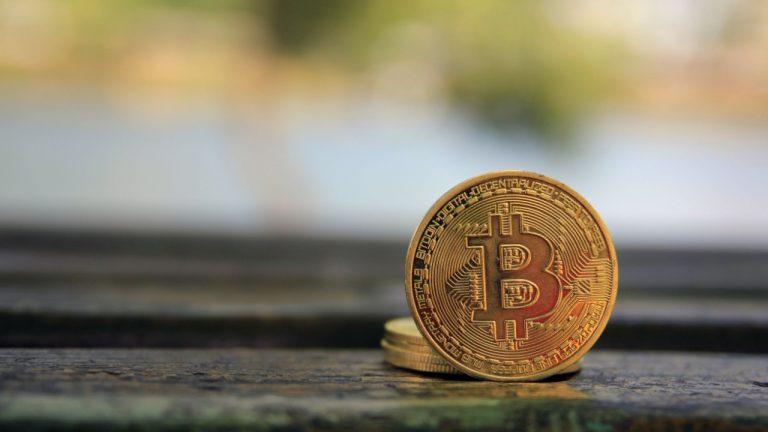

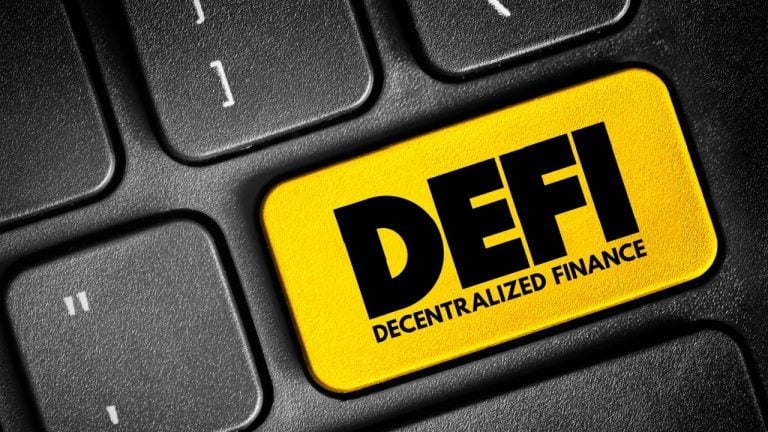


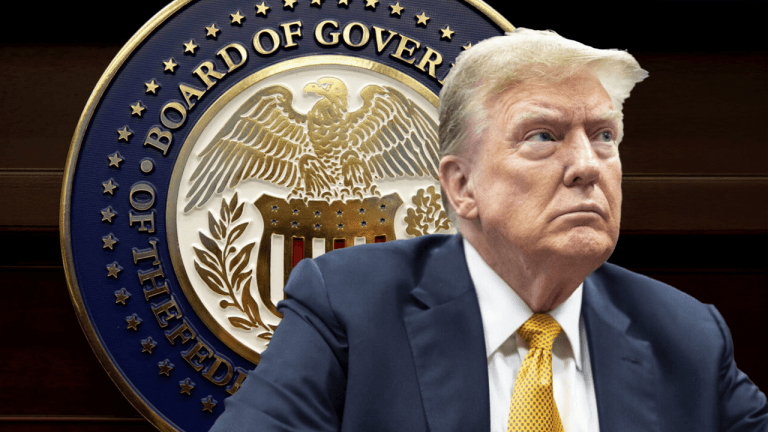

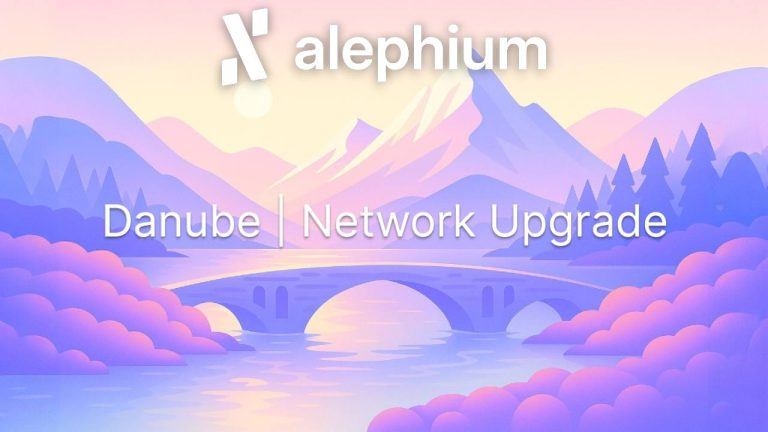







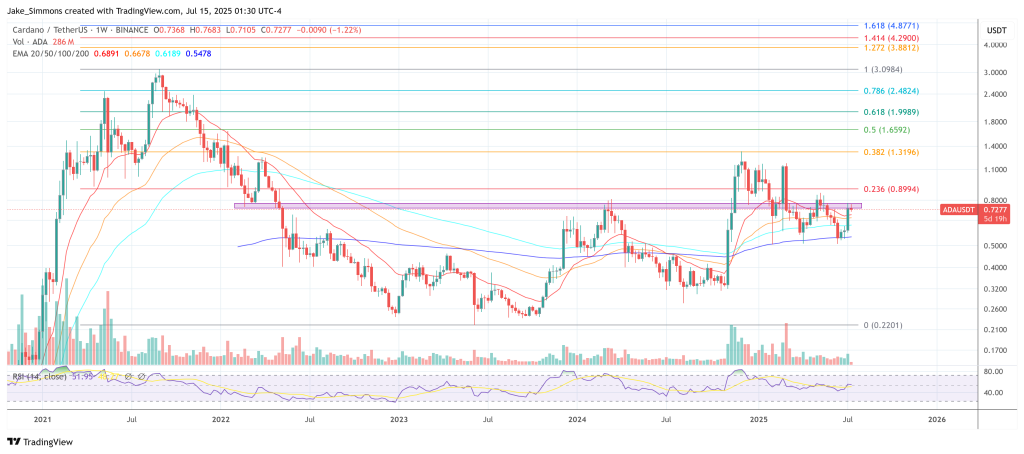



Comments